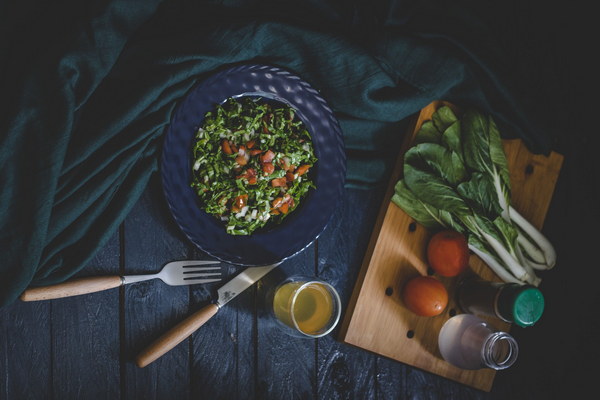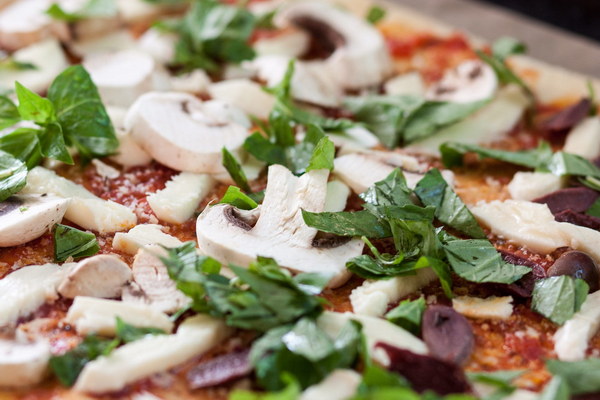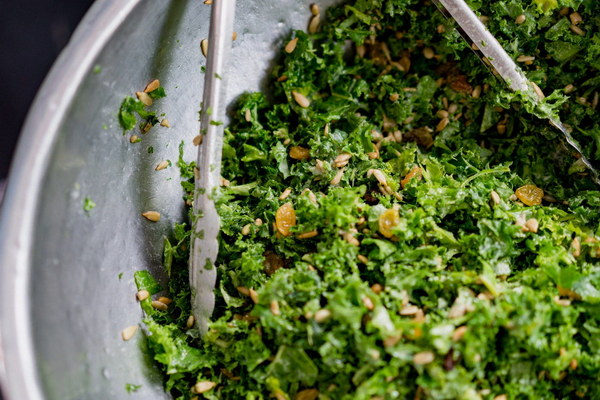Can Anger Be the Secret Ingredient to Anti-Aging in Women
Introduction:
In the quest for eternal youth and beauty, women have been searching for the ultimate anti-aging solution. While there are countless creams, serums, and procedures available, could anger be the secret ingredient that can turn back the clock? This article delves into the fascinating connection between anger and anti-aging, exploring the potential benefits for women.
1. The Science Behind Anger and Anti-Aging:
Research has shown that anger can trigger a series of physiological reactions in the body. When we experience anger, our adrenal glands release adrenaline and cortisol, hormones that can have both short-term and long-term effects on the body. These hormones can lead to increased blood flow, improved oxygen delivery, and enhanced energy levels. Here's how anger can contribute to anti-aging:
a. Improved blood flow: Anger-induced adrenaline causes our heart rate to increase, leading to improved blood flow throughout the body. This increased circulation can help deliver oxygen and nutrients to the skin, promoting a healthy and youthful appearance.
b. Enhanced oxygen delivery: The increased heart rate during anger also enhances oxygen delivery to the skin, which is crucial for cellular repair and regeneration. This can lead to a healthier and more radiant complexion.
c. Stress response: While chronic stress can have detrimental effects on the body, the short-term stress response triggered by anger can actually be beneficial. It can stimulate the body's natural healing mechanisms, promoting faster recovery from injuries and illness.
2. The Role of Anger in Cognitive Health:
Anger can also play a role in maintaining cognitive health, which is closely linked to anti-aging. Studies have shown that individuals who experience anger are often more aware of their surroundings, which can help them make better decisions and avoid potential risks. Here are a few ways anger can contribute to cognitive health:
a. Improved problem-solving skills: Anger can stimulate the brain's prefrontal cortex, which is responsible for decision-making and problem-solving. This can lead to better cognitive function and the ability to handle age-related challenges.
b. Enhanced memory: The stress response triggered by anger can help improve memory function. Anger-induced stress can make us more alert and focused, which can lead to better memory formation and retrieval.
c. Increased resilience: Anger can also foster resilience, which is crucial for coping with the stresses of aging. By learning to manage anger effectively, women can develop a stronger mindset and adaptability, contributing to a healthier and more fulfilling life.
3. The Importance of Managing Anger:
While anger can have some potential benefits, it is important to note that chronic anger and stress can have adverse effects on the body. Long-term anger can lead to increased levels of cortisol, which can contribute to aging-related conditions such as heart disease, diabetes, and weakened immune function. Therefore, it is crucial for women to find healthy ways to manage anger:
a. Mindfulness and relaxation techniques: Practices such as meditation, deep breathing, and yoga can help women stay calm and manage anger effectively.
b. Open communication: Sharing feelings and concerns with friends, family, or a professional can provide emotional support and help in managing anger.

c. Physical activity: Engaging in regular exercise can help release tension and reduce anger levels, promoting overall well-being.
Conclusion:
While anger may not be the ultimate anti-aging solution, it does have some potential benefits for women. By harnessing the short-term stress response triggered by anger, women can promote healthier skin, improved cognitive function, and increased resilience. However, it is crucial to manage anger effectively to avoid the adverse effects of chronic stress. By incorporating mindfulness, open communication, and physical activity into their lives, women can turn anger into a powerful ally in their quest for eternal youth and well-being.









